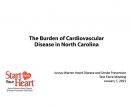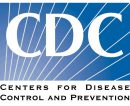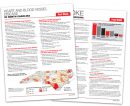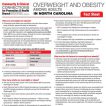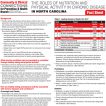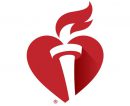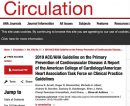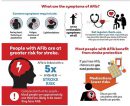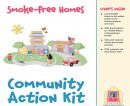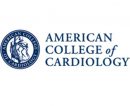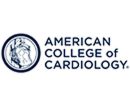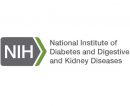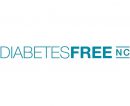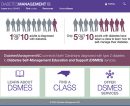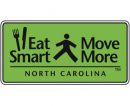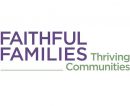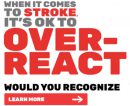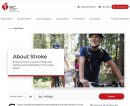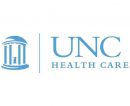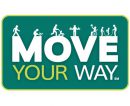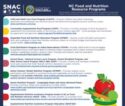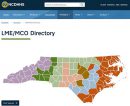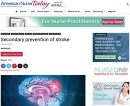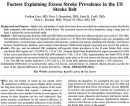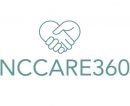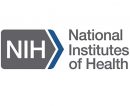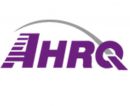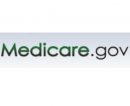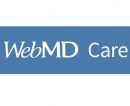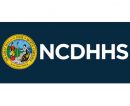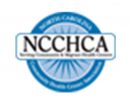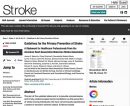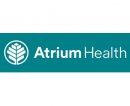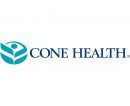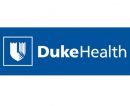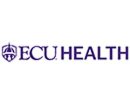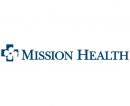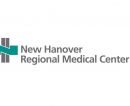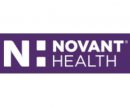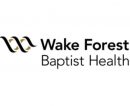Stroke Prevention
Most strokes can be prevented by controlling blood pressure, eating well, being physically active, avoiding tobacco, limiting alcohol use and getting regular health screenings.
Strategies Related to Stroke Prevention
-
Provide education about stroke prevention
Stroke Statistics
-
Cardiovascular Disease Burden Document (2024)
Justus-Warren Heart Disease and Stroke Prevention Task Force
-
CDC Cardiovascular Disease Data, Tools, and Evaluation Resources
Centers for Disease Control and Prevention
-
Fact Sheets
Stroke, Heart Disease and High Blood Pressure
-
Overweight and Obesity in NC Fact Sheet
NC Division of Public Health
-
Roles of Nutrition and Physical Activity in Chronic Disease Fact Sheet
NC Division of Public Health
Risk factors for stroke
Ways to prevent stroke
-
2019 Guideline on the Primary Prevention of Cardiovascular Disease
American College of Cardiology and American Heart Association
-
Atrial Fibrillation Infographic
American Heart Association for patients
-
Smoke-Free Homes Kit
Environmental Protection Agency
Blood Pressure Management
-
2017 Guidelines for High Blood Pressure
American College of Cardiology
-
2023 ESH Hypertension Guideline Update
Analysis of the European Society of Hypertension Guidelines from the American College of Cardiology
Diabetes Prevention and Management
-
Diabetes in North Carolina
DiabetesNC and the NC Diabetes Advisory Committee
-
NC Diabetes Prevention Programs
DiabetesFreeNC and the NC DPP Advisory Committee
-
NC Diabetes Self-Management Education and Support services
DiabetesManagementNC and DiabetesSmart
-
-
Provide education for the public and professionals
-
2024 Guideline for the Primary Prevention of Stroke
A Guideline From the American Heart Association/American Stroke Association
-
8 Things You Can Do to Prevent Heart Disease and Stroke
American Heart Association
-
American Heart Association Educational Resources
For the public and professionals
-
CDC Stroke Communications Toolkit for Health Professionals
Kit contains messages and graphics on stroke signs, symptoms, treatment, and F.A.S.T. response for health professionals to share with their audiences.
-
Eat Smart, Move More North Carolina Movement
promotes increased opportunities for healthy eating and physical activity wherever people live, learn, earn, play and pray
-
Educational Resources for Women
American Stroke Association
-
Faithful Families Thriving Communities
practice-tested intervention which promotes health including healthy eating, physical activity in communities of faith
-
Genentech Overreact2Stroke Educational Materials
on stroke identification, BEFAST, 10 signs of stroke for providers, patients and caregivers
-
Stroke Education
American Stroke Association
-
UNC Dept. of Neurology Pediatric Stroke Education
Guides for providers, patients and families
-
-
Provide wellness education and services
Healthy Eating and Active Living
-
Eat Smart, Move More North Carolina Movement
promotes increased opportunities for healthy eating and physical activity wherever people live, learn, earn, play and pray
-
Faithful Families Thriving Communities
practice-tested intervention which promotes health including healthy eating, physical activity in communities of faith
-
Healthy Eating Tips
American Heart Association
-
Healthy For Good™ Healthy Living Movement
American Stroke Association
-
Med Instead of Meds
tips and tools for eating in a heart-healthy way
-
Move Your Way Campaign Materials
and fact sheets for adults, kids and providers
-
My Eat Smart Move More
tips for ways to eat healthier and move more
-
Risk Reduction Fact Sheets
American Heart Association
Behavioral health
-
Medicaid Behavioral Health Providers
NC Department of Health and Human Services resource for those with mental illness, developmental or other intellectual disability, and substance use diagnoses in North Carolina
-
Provide education about secondary stroke prevention
-
Secondary Prevention of Stroke
American Nurses Association
Stroke statistics
-
Cardiovascular Disease Burden Document (2024)
Justus-Warren Heart Disease and Stroke Prevention Task Force
-
CDC Cardiovascular Disease Data, Tools, and Evaluation Resources
Centers for Disease Control and Prevention
-
Fact Sheets
Stroke, Heart Disease and High Blood Pressure
-
Overweight and Obesity in NC Fact Sheet
NC Division of Public Health
-
Roles of Nutrition and Physical Activity in Chronic Disease Fact Sheet
NC Division of Public Health
-
Address geographic, racial and economic disparities in the determinants of stroke
-
2-1-1 resources
Housing, food, healthcare, aging and disability services for all citizens of NC. Available also by phone at 2-1-1.
-
Factors Explaining Excess Stroke Prevalence in the US Stroke Belt
American Heart Association Journal
-
NCCARE360
statewide coordinated care network which electronically connects people to community resources; available in every county in NC by the end of 2020
-
Prevention May Be Essential to Reducing Racial Disparities in Stroke
National Institutes of Health
-
-
Enhance access to comprehensive primary care
Provide complete services through primary care
-
Access to Care
Agency for Healthcare Research and Quality Reports
Increase access to and use of primary care
-
Directory of Free & Charitable Clinics
NC Association of Free & Charitable Clinics
-
Directory of Medicare Providers
by zip code
Access primary care in rural NC
-
Directory of County Health Departments
NC Department of Health and Human Services
-
Directory of Free & Charitable Clinics
NC Association of Free & Charitable Clinics
-
Map of Community Health Centers
NC Community Health Center Association
Assess and manage stroke comorbidities (obesity, high blood pressure, diabetes, tobacco use)
-
Diabetes in North Carolina
DiabetesNC and the NC Diabetes Advisory Committee
-
Eat Smart, Move More North Carolina Movement
promotes increased opportunities for healthy eating and physical activity wherever people live, learn, earn, play and pray
-
NC Diabetes Prevention Programs
DiabetesFreeNC and the NC DPP Advisory Committee
-
NC Diabetes Self-Management Education and Support services
DiabetesManagementNC and DiabetesSmart
-
QuitlineNC
tobacco cessation services for any North Carolina resident who needs help quitting tobacco use
-
Vaping and E-Cigarettes Recommendations
No tobacco products, including e-cigarettes, are safe.
Link primary care services and stroke prevention
-
2021 Scientific Statement on Primary Care of Adult Patients after Stroke
American Heart Association and American Stroke Association
Conduct stroke screening as part of primary care discussions with patients
-
Guidelines for the Primary Prevention of Stroke: a Statement for Healthcare Professionals
American Heart Association Journal
-
Encourage inter-organizational collaboration and sharing of resources for stroke prevention
NC Comprehensive Stroke Centers’ information and resources
-
Atrium Health/Carolinas HealthCare Stroke Services
Based in Charlotte
-
Cone Health Stroke Services
Based in Greensboro
-
Duke Health Stroke Services
Based in Durham
-
ECU Health Stroke Care
Based in Greenville
-
Mission Health Stroke Services
Based in Asheville
-
New Hanover Regional Medical Center Stroke Services
Based in Wilmington
-
Novant Health Forsyth Medical Center Stroke Services
Based in Winston-Salem
-
Novant Health Presbyterian Medical Center Stroke Services
Based in Charlotte
-
UNC Hospitals Stroke Services
Based in Chapel Hill
-
Wake Forest Baptist Health Stroke Services
Based in Winston-Salem
-
Click on each of the five categories for strategies and resources.
-
Aspirin is no longer recommended for primary prevention of CVD.
-
Blood pressure recommendations state that normal BP is under 120/80. Blood pressure is the #1 risk factor for stroke.

